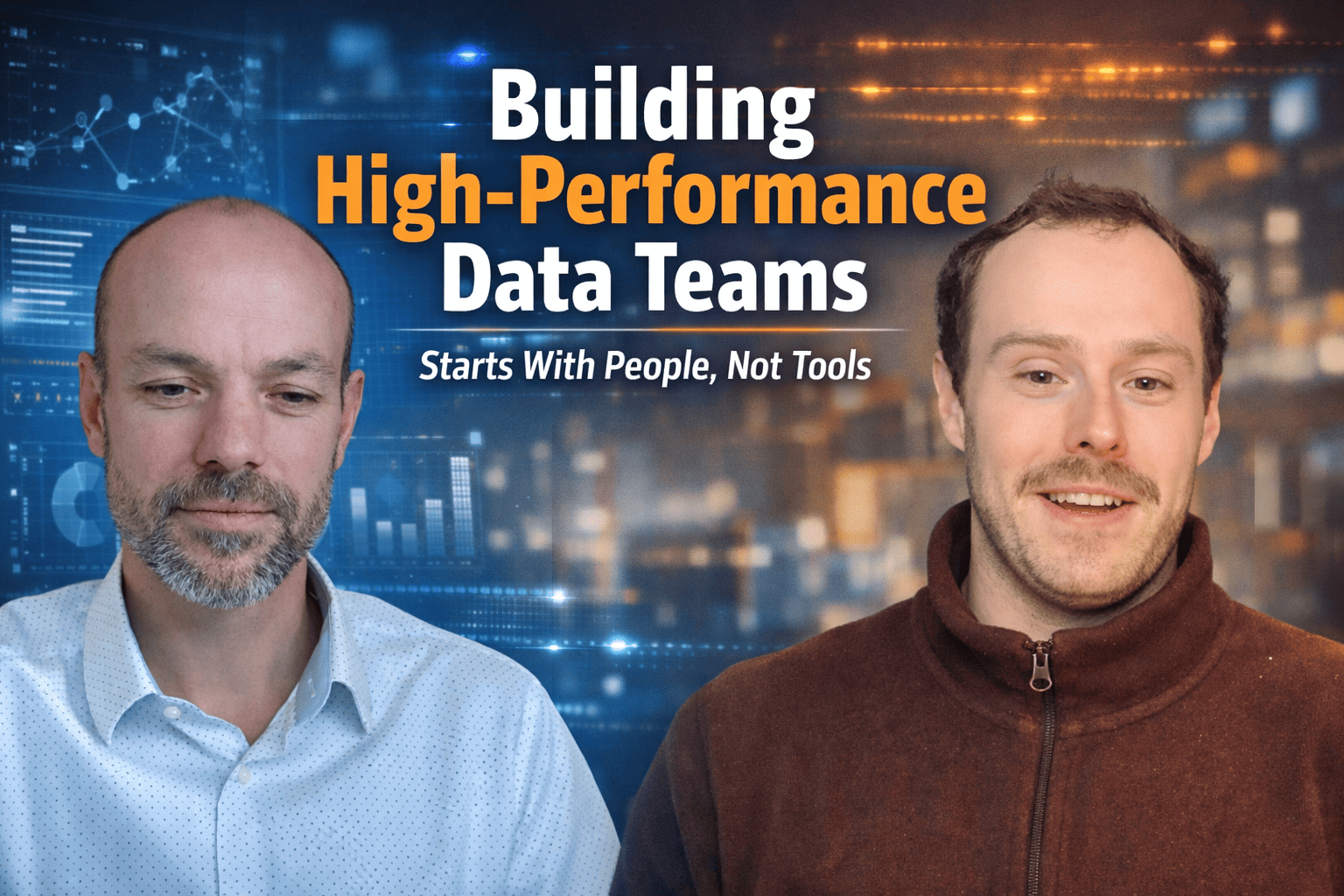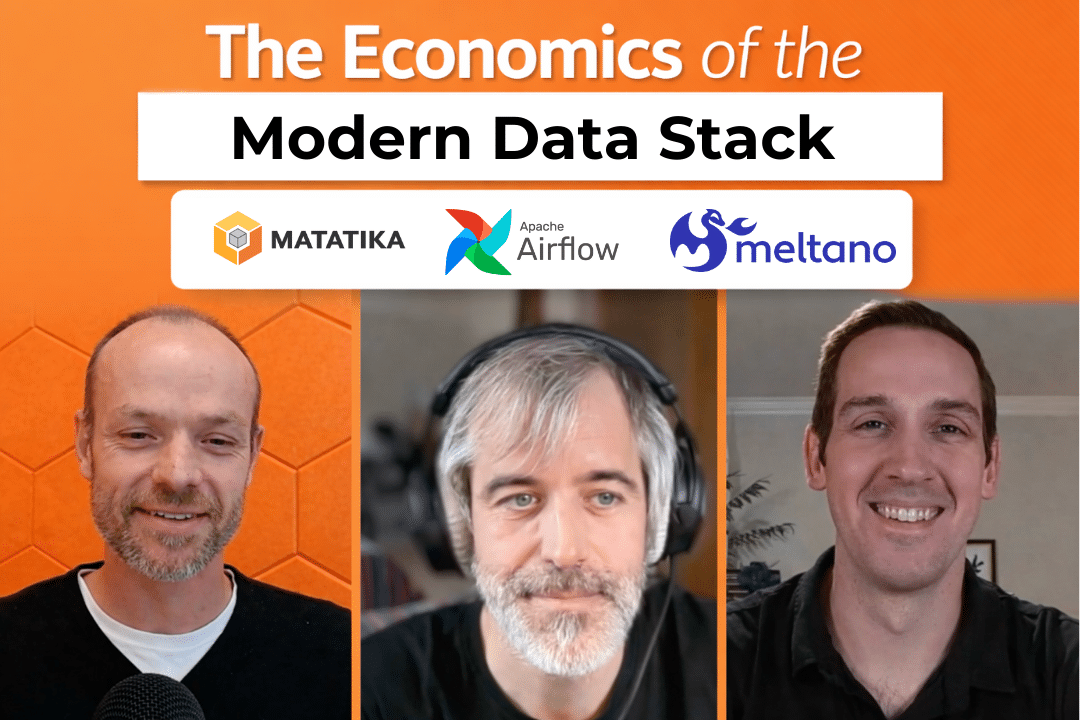Get the latest AI, data, and technology insights from Matatika’s experts direct to your inbox.
-
Building High-Performance Data Teams Starts With People, Not Tools
In the world of data engineering, we often obsess over the "plumbing." We talk about ETL latencies, Snowflake clusters, and the latest vector databases. But according to Sam Wrench, Lead at Reality Mine and former GB Dodgeball coach, we’re often looking at the wrong part of the machine. The most efficient data pipeline in the world is useless if the people at either end of it—the engineers building it and the stakeholders consuming it aren't in sync. To Sam, data engineering isn't just a technical challenge; it’s a high-performance team sport.
Read the article -
When your ETL vendor doesn’t support the connectors you need
Most ETL problems do not start with performance or reliability. They start with coverage. A ETL connector is missing. Or partially supported. Or technically “available,” but not usable in the way your business actually operates. At first, teams work around it. They build a small custom job. They add a webhook. They patch something together in Airflow. It feels temporary. Over time, those workarounds become permanent infrastructure. This is the position MVF found itself in.
Read the article -
The Economics of the Modern Data Stack
Who captures the value now? The modern data stack still works. The problem is not capability. The problem is economics. On Friday, we hosted a LinkedIn Live to talk about something most teams feel but rarely articulate clearly: the incentives behind the modern data stack have shifted, and those shifts are starting to shape architecture, pricing, and leverage in ways that matter over the next 12–24 months. This was not a tools debate. It was a discussion about who captures value, who carries risk, and why “best-of-breed” no longer feels neutral. Joining the conversation were: Maxime Beauchemin, creator of Apache Airflow and Apache Superset. Taylor Murphy founder of Meltano and Arch, now at Astronomer. Aaron Phethean, Founder and CEO of Matatika. What follows is not a summary. It’s what actually matters.
Read the article -
Baidu ETL Connector: How MVF Solved an Unsupported Data Source
Today, Matatika is the only ETL provider offering a fully supported, production-grade Baidu connector. While most ETL platforms support mainstream paid media sources like Google Ads and Facebook Ads, Baidu often sits outside standard connector catalogues. For teams running marketing activity in China, this creates a familiar problem: critical data exists, but there is no clean, supported way to ingest it. MVF ran into exactly this issue.
Read the article -
Analytics Engineering: Internal Risk vs. External Rigor
In this episode of the Data Mata's podcast, host Aaron Phethean is joined by Jack Doherty, VP of Analytics Engineering at Fresha. The conversation explores a tension many data teams now face: the difference between building analytics for internal use versus delivering analytics as a customer facing product. Jack’s team at Fresha operates in both worlds. On one side, they support internal stakeholders with classic analytics. On the other, they power analytics that sit directly inside the Fresha product and are used daily by thousands of customers running health and beauty businesses. That dual responsibility forces very different ways of thinking about risk, speed, and quality.
Read the article
Data Leaders Digest
Stay up to date with the latest news and insights for data leaders.





